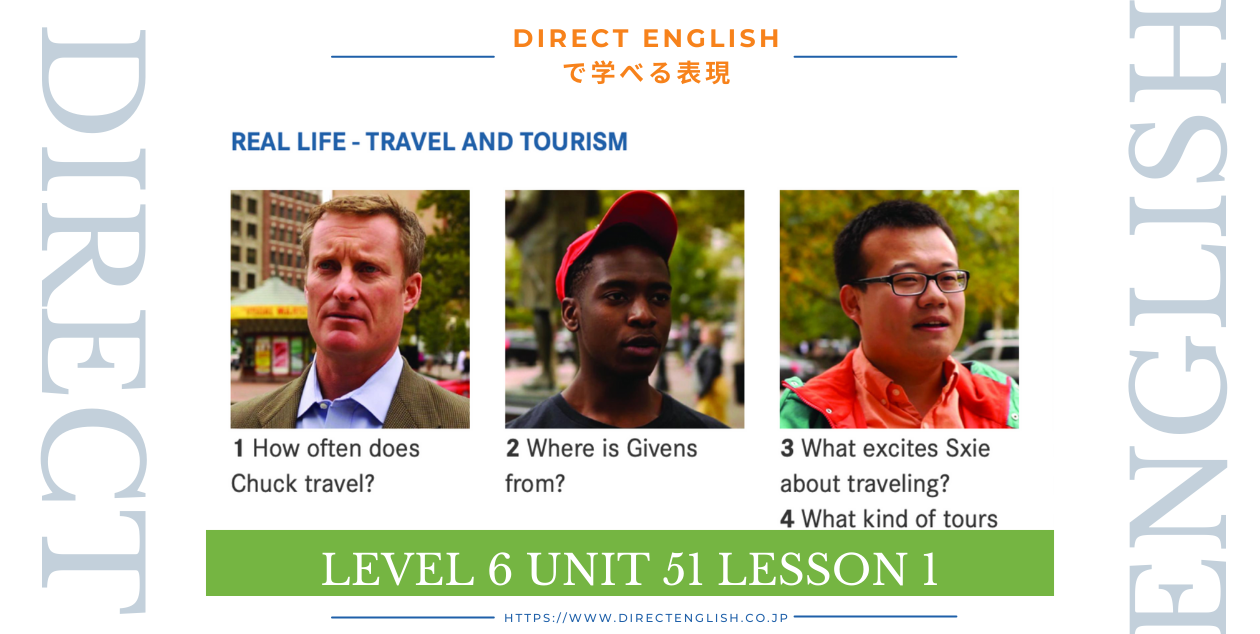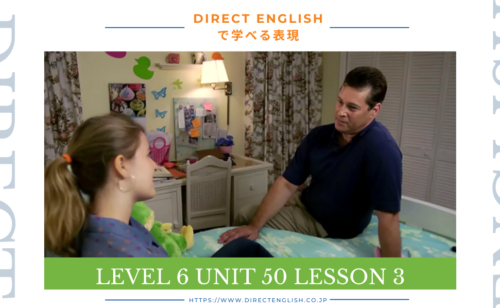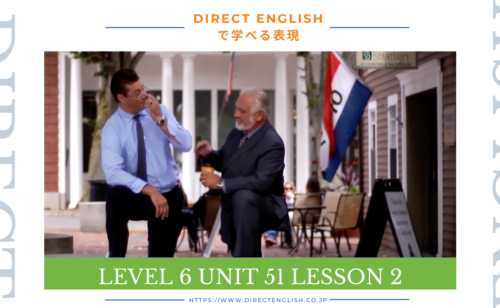
今回のレッスンでは、旅行中のポストカードを通じて、旅行体験やポストカードの使い方について学びます。ポストカードは旅行中の思い出を共有するための素晴らしい方法であり、友人や家族に送ることで、旅行中の体験を伝えることができます。
1. レッスン1の概要
ポストカードを通じて、旅行中の体験を友人や家族に伝える様子です。3つのポストカードから、旅行中の様々な体験が紹介されています。

Situation:
Three postcards from people on trips.
Question:
Which of the three cards is from a child?
2. 重要なフレーズと実践的な例文
- 1. It’s been a great visit – lots of sightseeing (in the rain), a football game (in the rain), and good seafood (not in the rain).
-
意味:訪問は素晴らしかった。雨の中で観光やフットボール観戦、そして雨の中でない美味しい海鮮料理を楽しんだ。
解説:「It’s been a great visit」は訪問が素晴らしかったことを表現し、「lots of」は多くの活動を強調します。
例文:We had a great vacation – lots of hiking (in the mountains), a barbecue (by the lake), and campfire stories (under the stars).
和訳:私たちは素晴らしいバカンスを過ごしました。山でのハイキング、湖畔でのバーベキューや星の下でのキャンプファイヤーの話など、たくさんの楽しい体験がありました。 - 2. We shouldn’t have brought sunglasses. We should have brought raincoats.
-
意味:サングラスを持ってくるべきではなかった。レインコートを持ってくるべきだった。
解説:「shouldn’t have brought」と「should have brought」は仮定法過去完了を使って、過去の行動に対する後悔や異なる選択を表現します。
例文:I shouldn’t have eaten so much cake. I should have stopped after the first slice.
和訳:私はケーキをあまり食べるべきではなかった。最初のスライスで止めるべきだった。 - 3. Wish you were here (instead of me!).
-
意味:あなたがここにいればいいのに(私の代わりに!)。
解説:「Wish you were here」は「あなたがここにいればいいのに」という意味の仮定法過去の文です。「instead of me」は「私の代わりに」という意味です。
例文:I wish you were here to see this beautiful sunset.
和訳:あなたがこの美しい日没を見てくれたらいいのに。 - 4. I shouldn’t tell you this, because you will be very jealous, but I have been hiking every single day!
-
意味:あなたに言うべきではないですが、あなたがとても嫉妬するでしょうが、私は毎日ハイキングをしています!
解説:「I shouldn’t tell」は「言うべきではない」という意味で、「you will be very jealous」は未来形で「あなたはとても嫉妬するだろう」という意味です。「I have been hiking」は現在完了進行形で、過去から現在までの継続的な動作を表します。
例文:I shouldn’t tell you this, but I won the lottery!
和訳:あなたに言うべきではないですが、私は宝くじに当たったのです。 - 5. Mom told Dad he’d better not drive so fast.
-
意味:お母さんがお父さんに「運転はそんなに速くしない方が良い」と言った。
解説:「he’d better not drive」は「彼は運転をしない方が良い」という意味で、「so fast」は行動の速さを強調します。
例文:You’d better not stay up too late.
和訳:あなたは遅くまで起きてはいけない方が良い。 - 6. I don’t have to go to school while we are here.
-
意味:私たちはここにいる間、学校に行く必要がない。
解説:「don’t have to」は「~する必要がない」という意味で、「while we are here」は特定の期間を表します。
例文:I don’t have to work this weekend.
和訳:私は今週末は仕事をしなくても良い。
3. 「My Favorite Travel Memories」というテーマでエッセイを書く。
ライティングのコツと準備方法
- 主題を明確にする:自分が書きたいテーマ(例:旅行中の思い出)を決めます。
- アウトラインを作成:主要なポイントを箇条書きにする
- 具体的な詳細を考える:自分自身または他人から聞いた経験談など具体的な事例を書き出します。
- 学んだ表現を組み込む:レッスンで学んだフレーズを使用する
- 感情や雰囲気を描写する:読者が情景を想像できるようにする
ライティング見本
Title: My Favorite Travel Memories
Traveling has always been a source of joy for me, and one of the best ways to share these experiences is through postcards. Recently, I received a postcard from a friend who was on a trip, and it reminded me of my own travels.
The postcard mentioned lots of sightseeing in the rain, a football game, and delicious seafood. It made me wish I were there, especially since they didn’t need sunglasses but should have brought raincoats. This kind of humor and insight into daily life during travel is what makes postcards so special.
In another postcard, someone shared that they had been hiking every single day, which made me a bit jealous but also inspired me to plan my next adventure. These stories not only bring back memories but also motivate me to explore new places.
In conclusion, postcards are a wonderful way to connect with others while traveling and to preserve memories of our journeys. They allow us to share our experiences and inspire others to embark on their own adventures.
まとめ
このレッスンでは、ポストカードを通じて旅行体験を共有する方法を学びました。「It’s been a great visit」や「Wish you were here」など、旅行中の体験を伝える表現が役立ちます。この知識を活用して、ポストカードを通じて自分の旅行体験を共有しましょう!

